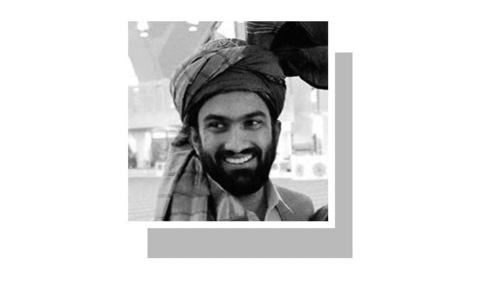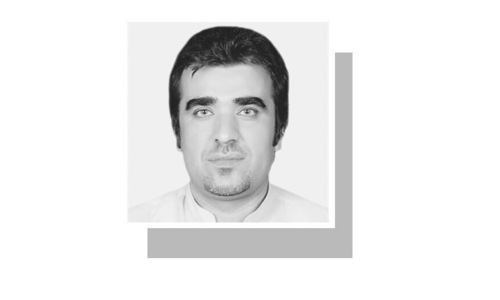KARACHI: During the past 20 months, Pakistani businessmen and rich individuals have not only been investing heavily in Dubai’s real estate but also establishing export-import trading houses there, said market sources.
“This is not a surprise that the Pakistanis have been investing in the real estate of Dubai but important is the establishment of trade and business houses by Pakistanis,” said Anwar Khawaja, a Karachi-based investor having businesses in Dubai also.
“Many big business tycoons in Pakistan have partially or fully shifted their business to Dubai depriving the country of income and jobs,” he said. However, he said many have justification. The political and economic uncertainties along with the deteriorating law and order situation frightened the business community who regularly pay ‘extortion money’ to one or another group in Karachi.
He said top business families are permanently living in Dubai, purchased houses and established trade with foreign countries. They also operate as a base for the trading of Pakistani goods; exports and imports to other countries.
Market expects new govt to work on war footing and restore economic confidence
“This is easy to do trade from Dubai since there is no problem with opening accounts for exports or imports. They earn and invest in Dubai particularly the real estate is the paradise for making money,” he said.
According to a report of the EU Tax Observatory issued in the middle of 2022, Pakistanis have invested $10.6 billion in Dubai real estate, ranking them as the third largest investors in the Gulf city. Indian investors lead Dubai real estate investments with $29.8bn, followed by British investors with $14.7bn.
There are nearly 20,000 unique foreign owners of Dubai real estate from Pakistan, the third largest number behind almost 35,000 Indian owners and about 23,000 owners from the United Kingdom, according to the same report.
With at least $146bn in foreign wealth invested, the Dubai property market is now the world’s largest offshore investment market for foreign investors. It is now twice as large as the London real estate market in terms of wealth invested by foreigners through shell companies.
While several analysts suggested for immediate formation of a new government in Islamabad, as the only way to get rid of uncertainties, others said the new government would have to work on war footing to improve economic indicators.
“The incoming government’s first battlefield ought to be inflation and forex reserves. But the real work needs to be done on having a system that addresses the low growth, productivity and revenue; raising exports, entrepreneurship and infrastructure and focus on education, skillset, population control and inequality,” said Faisal Mamsa, CEO of Tresmark.
While the business community is anxious about the split mandate and the ongoing political uncertainty, currency traders see the rupee to be range-bound in the next 15 days.
“As forward premiums are attractive, we will also see more forward selling by the exporters, but all in the 15- to 60-day tenors,” said Mr Mamsa.
With the elections now done, the market is expecting more bilateral and multilateral flows to come in and though the next IMF review may have hiccups, it is expected to conclude in the form of successful disbursement.
“Having said this, the upside is also limited and any appreciation above the 276 level will start hurting the country’s exports. The market sees the rupee trade in the 278-282 range this month,” said Mr Mamsa.
Published in Dawn, February 11th, 2024















































Dear visitor, the comments section is undergoing an overhaul and will return soon.